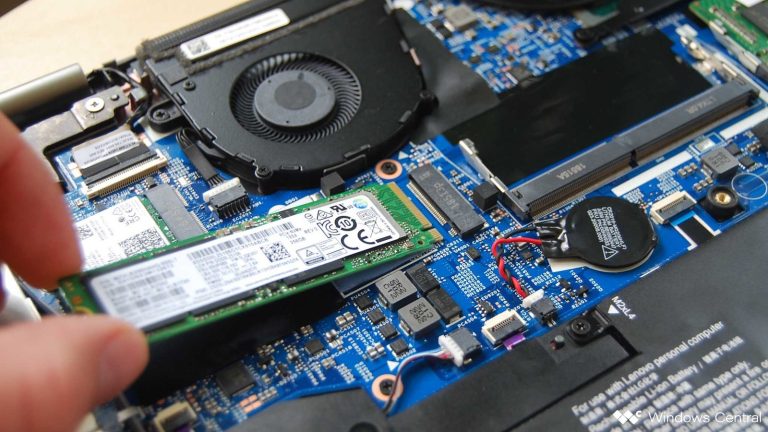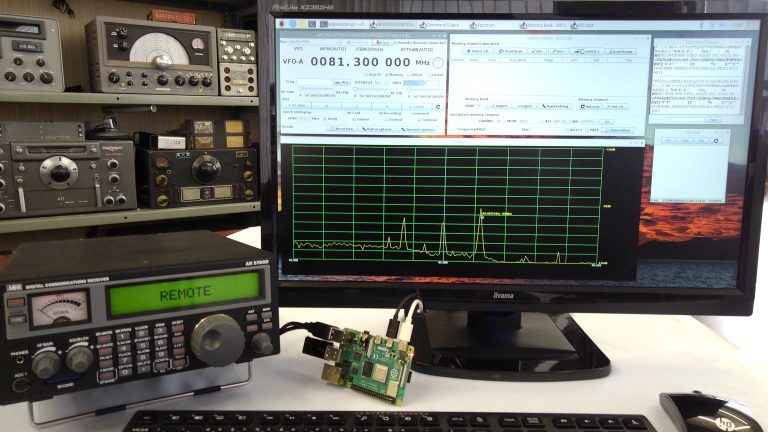Healing Hands: Exploring the Power of Reflexology Massage Therapy

Reflexology Massage therapy is a practice that has been utilized for centuries to promote relaxation, relieve tension, and improve overall well-being. With its roots in ancient civilizations such as China, India, and Egypt, Reflexology Massage therapy has evolved into a multifaceted discipline embraced worldwide for its numerous health benefits.
At its core, Reflexology Massage therapy involves the manipulation of soft tissues in the body, including muscles, tendons, ligaments, and fascia. This hands-on approach can vary in technique, ranging from gentle strokes to deep kneading, depending on the individual’s needs and preferences. One of the primary mechanisms through which Reflexology Massage therapy exerts its effects is by enhancing circulation. The rhythmic pressure applied during Reflexology Massage helps to stimulate blood flow, delivering oxygen and nutrients to tissues while aiding in the removal of metabolic waste products.
Beyond its physiological effects, Reflexology Massage therapy also has profound psychological benefits. The tactile sensation of touch has been shown to reduce levels of stress hormones such as cortisol while increasing the release of endorphins, the body’s natural painkillers and mood elevators. This dual action not only induces a state of relaxation but also promotes feelings of well-being and contentment.
Moreover, Reflexology Massage therapy has been found to alleviate a wide range of musculoskeletal ailments, including back pain, neck stiffness, and joint discomfort. By targeting specific muscle groups and releasing tension, Reflexology Massage can improve flexibility, range of motion, and overall mobility, making it an invaluable tool for athletes, individuals recovering from injuries, and those with chronic pain conditions.
In addition to its physical and emotional benefits, Reflexology Massage therapy has been increasingly recognized for its role in supporting holistic health and wellness. Many individuals incorporate regular Reflexology Massage sessions into their self-care routines to manage stress, enhance sleep quality, and cultivate a deeper connection between mind and body.
Furthermore, as the field of integrative medicine continues to grow, Reflexology Massage therapy is being integrated into conventional healthcare settings to complement traditional treatments and promote patient-centered care. From hospitals and rehabilitation centers to wellness spas and corporate offices, the demand for qualified Reflexology Massage therapists is on the rise, underscoring the expanding role of this ancient healing art in modern society.
In conclusion, Reflexology Massage therapy offers a holistic approach to health and well-being, addressing not only physical ailments but also promoting relaxation, reducing stress, and fostering a sense of balance and harmony within the body and mind. As we continue to uncover the myriad benefits of this time-honored practice, its potential to heal and nurture remains as powerful as ever.







+ There are no comments
Add yours